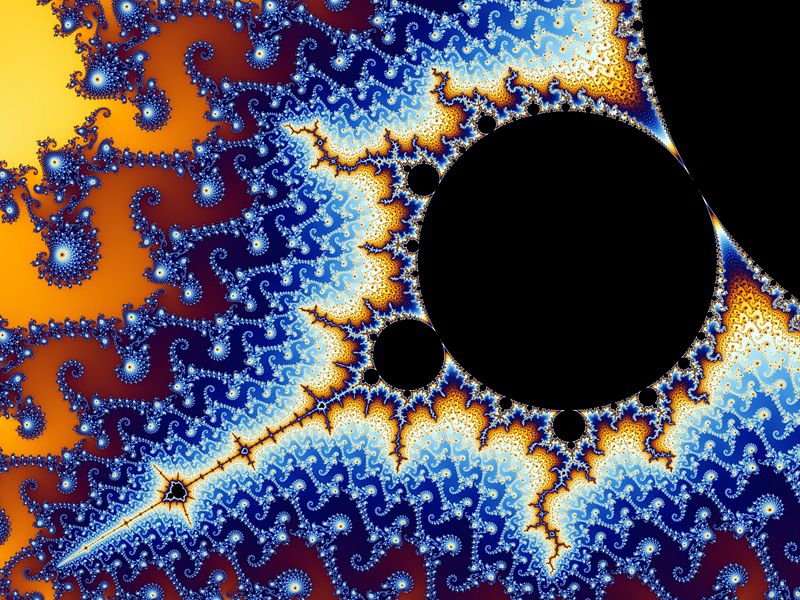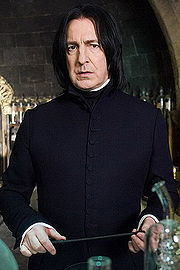 Last night I watched War Dance, a beautiful documentary about children in Northern Uganda, on a recommendation from a dear friend. I know a little bit about Uganda from a blog I read, "the Journey", but I had no idea how gorgeous the landscape is. Both the movie and the blog start with pretty simple ideas: children from the war zone preparing for a dance competition, a missionary taking in abandoned girls and forming a family through adoption. But the messages of hope, resilience, love and strength that pour out of both are astounding.
Last night I watched War Dance, a beautiful documentary about children in Northern Uganda, on a recommendation from a dear friend. I know a little bit about Uganda from a blog I read, "the Journey", but I had no idea how gorgeous the landscape is. Both the movie and the blog start with pretty simple ideas: children from the war zone preparing for a dance competition, a missionary taking in abandoned girls and forming a family through adoption. But the messages of hope, resilience, love and strength that pour out of both are astounding.I also got my alumnae magazine in the mail over the Thanksgiving holiday. One of the features was on the recent conference that was held there: "Heritage and Hope: Women's Education in a Global Context". Reading the article, the speakers all seemed to have some good things to say. And then I came to the highlights from Nicholas Kristof's Keynote:
Kristof expressed his distress over the political polarization between US Christian evangelicals and secular feminists, particularly in the area of reproductive health that prevents them from joining forces to combat such abuses as human trafficking.That stopped me cold. He is SO RIGHT. I feel that polarization a lot. As a liberal Christian, I can see both sides of each coin. And meanwhile, there is work that all of us could be doing. We can't do everything, perhaps, but we could do something, instead of arguing amongst ourselves. Right? What can I do? What can we do? What do you think?
"There are a lot of Christian evangelical groups in Sudan and Congo that have done fabulous work," he said. "At the end of the day, everybody believes passionately that 14-year-old girls should not be kidnapped and locked up in brothels."
Squeamishness over talking about sexuality also concerns him. "One of the impediments to girls' staying in high school that most people have learned about only in the last decade is the difficulty of managing menstruation," he said. "Girls never raised it with school authorities or aid workers before because the subject was taboo. If you can keep a girl in high school by providing her with sanitary pads, that is such a cheap intervention." pg 25, Alumnae Bulletin, November, 2010
P.S. There are [of course] a bunch of non-profit organizations that have sprung out of the above-mentioned projects. Half the Sky, out of Nicholas Kristof's work, Shine Global which supported War Dance, and Amazima Ministries which grew out of "the Journey". Go check them out, and see if they appeal to you. Maybe these groups are the way forward for action.













